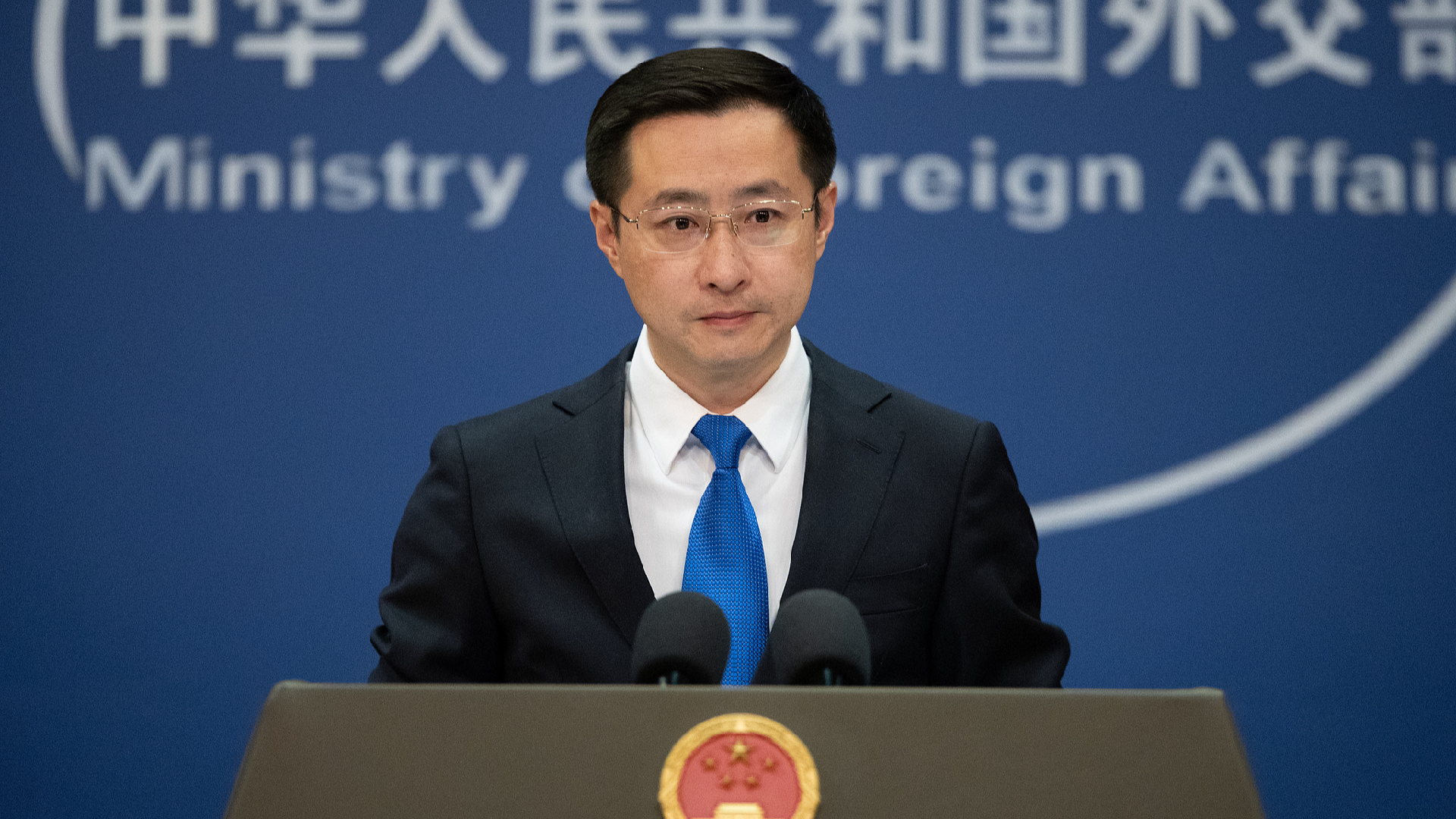China Calls on U.S. to Cease Weapons Sales to Taiwan to Stabilize Regional Security
China calls on U.S. to stop arms sales to Taiwan, escalating regional tensions.

At a press conference in Beijing on Friday, Chinese Foreign Ministry spokesperson Lin Jian delivered a clear and forceful message regarding the United States' reported plans to expand weapons sales to Taiwan. Calling the Taiwan issue the “core of China's core interests” and “the first and foremost red line that must not be crossed in China-U.S. relations,” Lin underscored the seriousness with which Beijing views any foreign military support for the island.
Responding to mounting speculation about increased U.S. arms sales to Taiwan, Lin reiterated China's firm opposition to such actions. He called on Washington to adhere strictly to the one-China principle and respect the commitments outlined in the three key China-U.S. joint communiques, emphasizing the particular importance of the August 17 Communique. This document, signed in 1982, is seen by China as a binding political agreement in which the United States acknowledged China’s position on the Taiwan issue and agreed to gradually reduce its arms sales to the island.
"We urge the United States to stop arms sales to Taiwan immediately and to refrain from actions that might escalate tensions across the Taiwan Straits," Lin stated. He warned that continued military support for Taiwan risks undermining the fragile stability in the region and could jeopardize the already complex relationship between China and the United States.
Reaffirming Beijing’s stance, Lin declared that China's resolve to safeguard its national sovereignty and territorial integrity remains unwavering. The spokesperson's remarks reflect long-standing anxieties in Beijing that foreign intervention in Taiwan could embolden pro-independence elements and alter the status quo, which China considers unacceptable. The escalating rhetoric highlights the growing challenge facing both Washington and Beijing as they navigate a rapidly evolving strategic landscape in East Asia.




